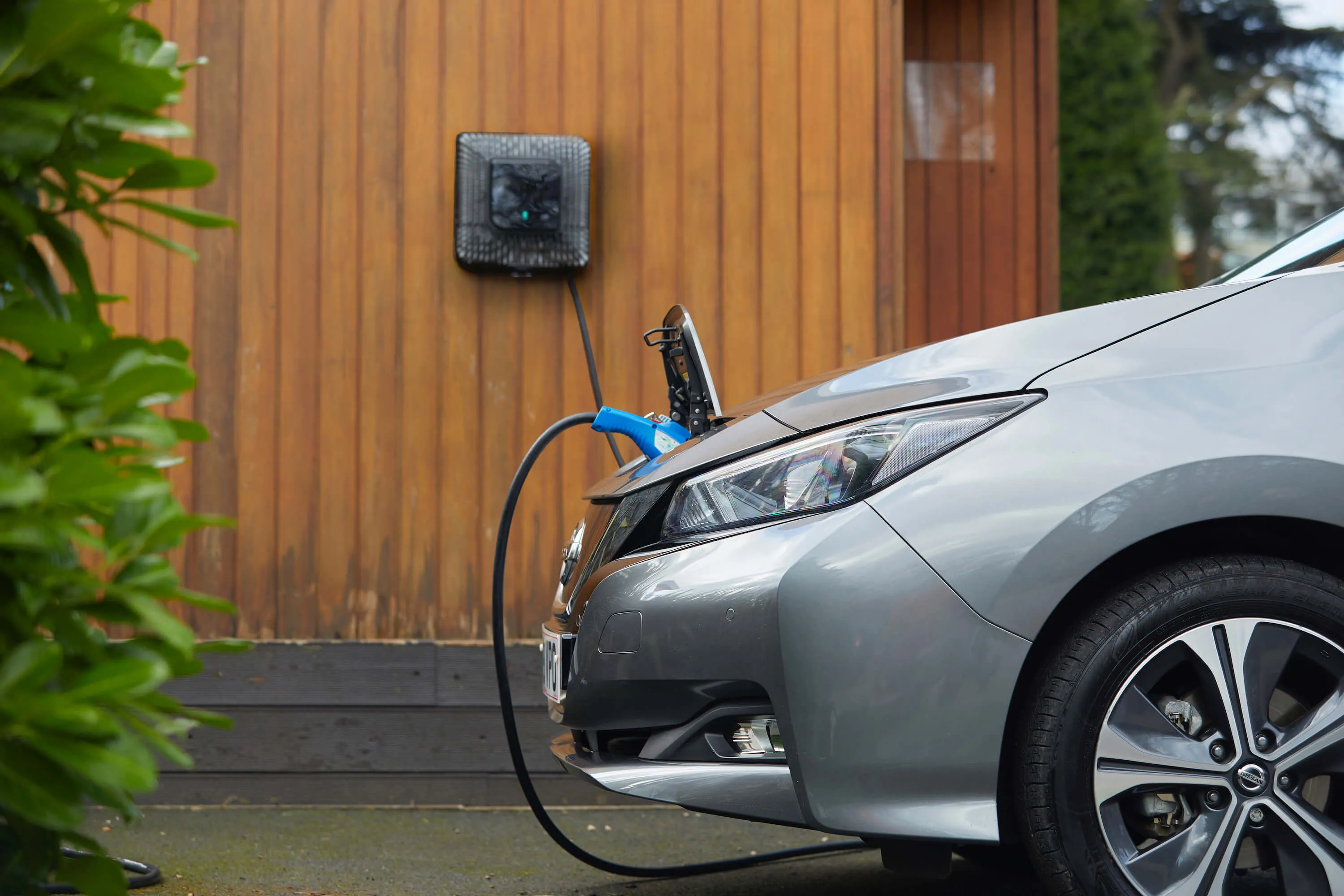Following the success of its Nissan LEAF electric car, Nissan is now in the final development phase of its second mass produced zero emission vehicle: the Nissan e-NV200 compact van. Nissan has been working with FedEx Express since late last year to develop the vehicle with the delivery company seen as an ideal partner because of its fleet of 130 all-electric vehicles globally. The company says the electric van will boast an all-electric drivetrain based on the Nissan LEAF. Its power comes from a lithium-io
September 21, 2012
Read time: 2 mins
Following the success of its 838 Nissan LEAF electric car, Nissan is now in the final development phase of its second mass produced zero emission vehicle: the Nissan e-NV200 compact van.
Nissan has been working with756 FedEx Express since late last year to develop the vehicle with the delivery company seen as an ideal partner because of its fleet of 130 all-electric vehicles globally.
The company says the electric van will boast an all-electric drivetrain based on the Nissan LEAF. Its power comes from a lithium-ion battery with 48 compact modules and an 80kW AC synchronous motor capable of generating 280Nm of torque. It will include quick charging in which the battery can reach 80 per cent capacity in 30minutes.
The vehicle has been tested on the streets of London since December 2012 and more recently in Yokohama, Japan for real world feedback. There will be further proving tests in the USA, Brazil and Singapore. FedEx has been involved in the testing – and both companies are expected to continue their partnership in the research and development of an urban parcel delivery vehicle.
Zero emission vehicles are expected to play a key role in Nissan’s plans for its light commercial vehicle line-up: with the e-NV200 to be the second of four electric vehicles to be mass produced by the Japanese carmaker.
Nissan has been working with
The company says the electric van will boast an all-electric drivetrain based on the Nissan LEAF. Its power comes from a lithium-ion battery with 48 compact modules and an 80kW AC synchronous motor capable of generating 280Nm of torque. It will include quick charging in which the battery can reach 80 per cent capacity in 30minutes.
The vehicle has been tested on the streets of London since December 2012 and more recently in Yokohama, Japan for real world feedback. There will be further proving tests in the USA, Brazil and Singapore. FedEx has been involved in the testing – and both companies are expected to continue their partnership in the research and development of an urban parcel delivery vehicle.
Zero emission vehicles are expected to play a key role in Nissan’s plans for its light commercial vehicle line-up: with the e-NV200 to be the second of four electric vehicles to be mass produced by the Japanese carmaker.









